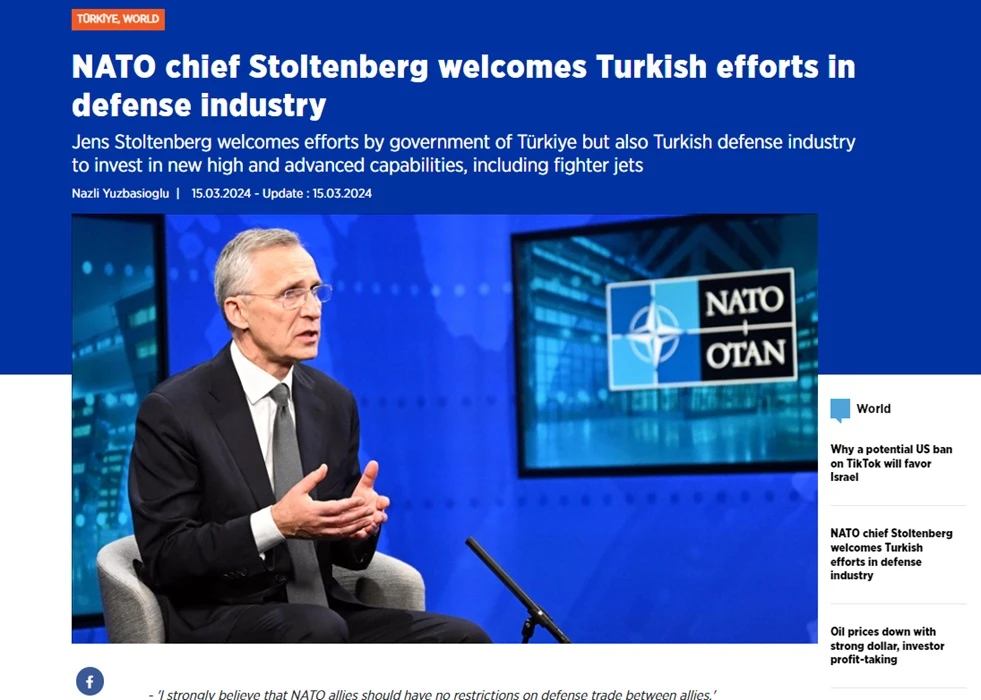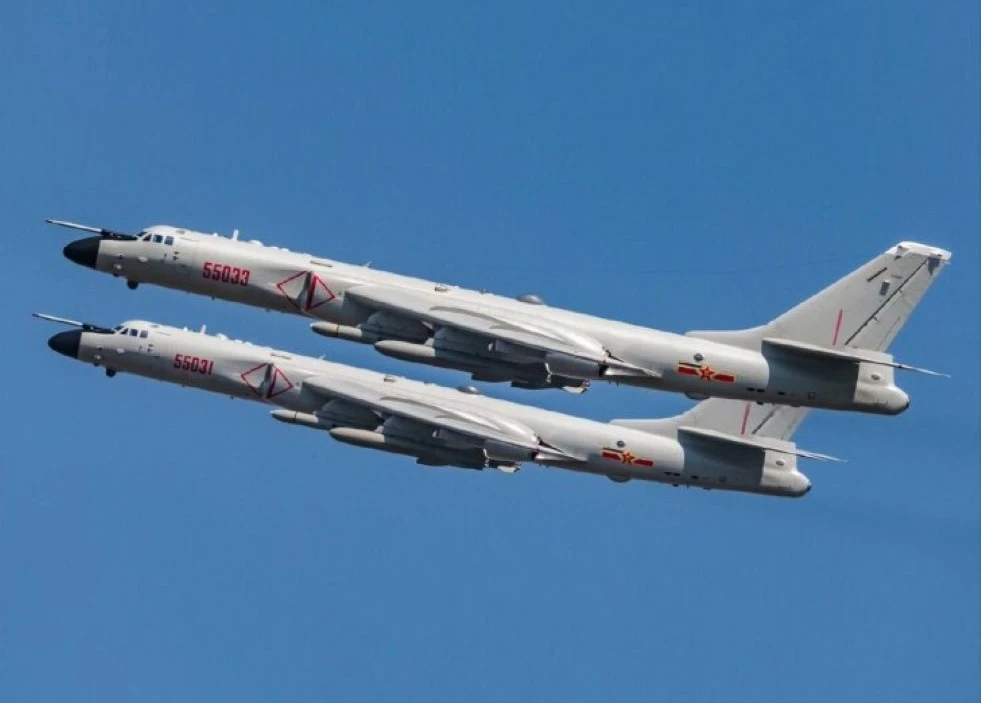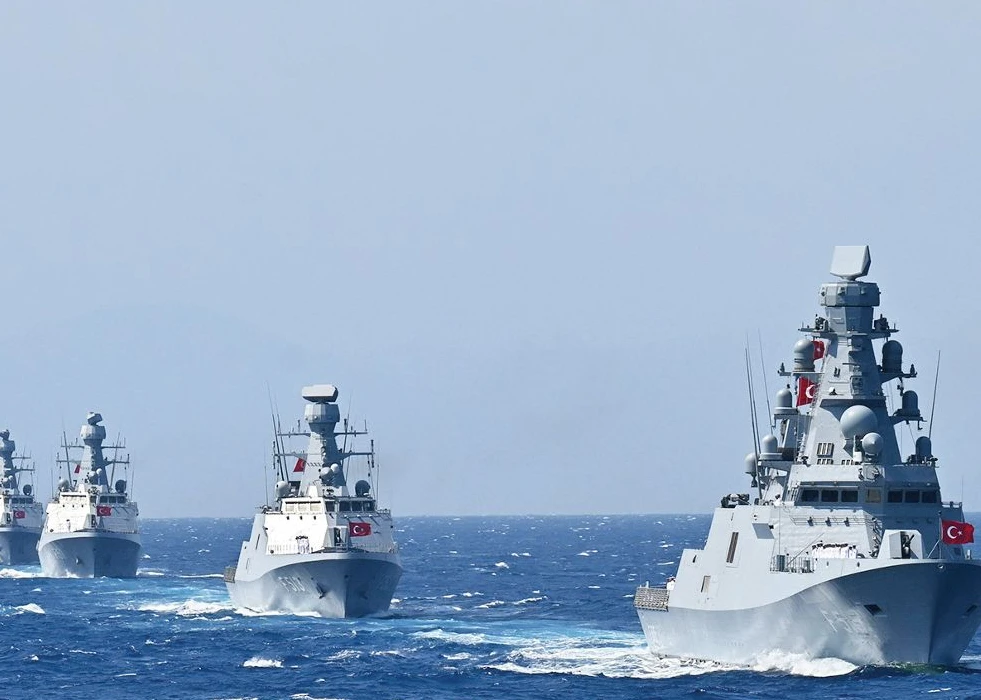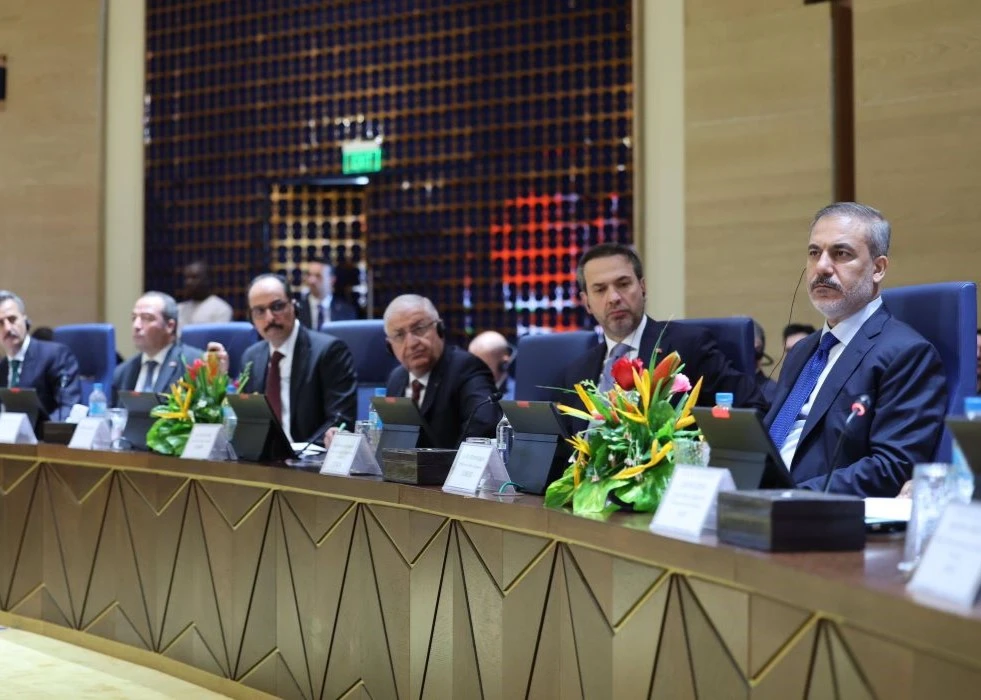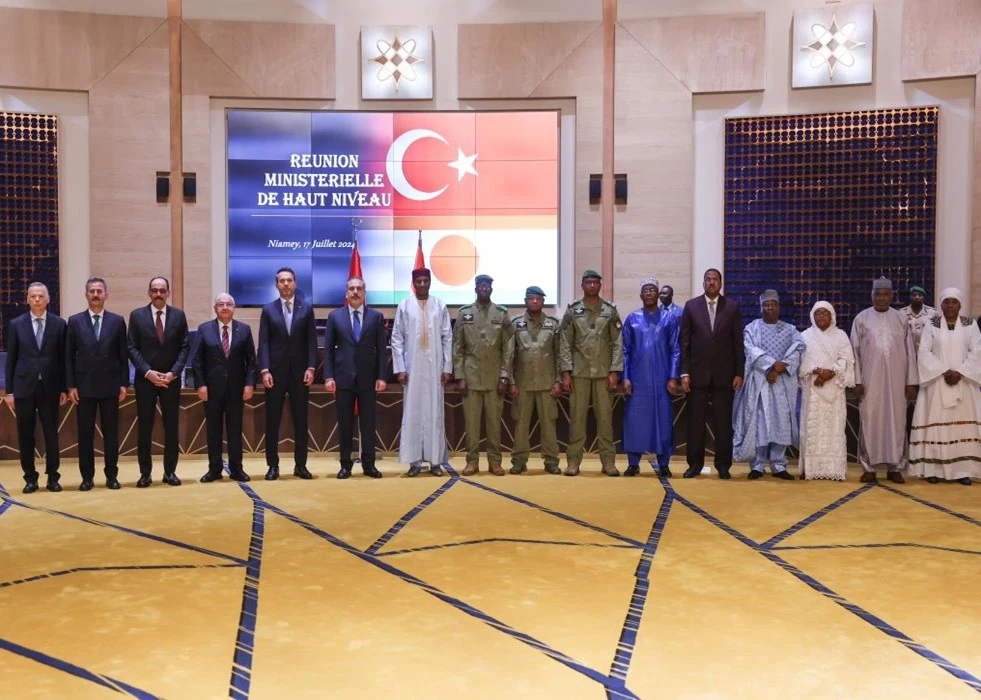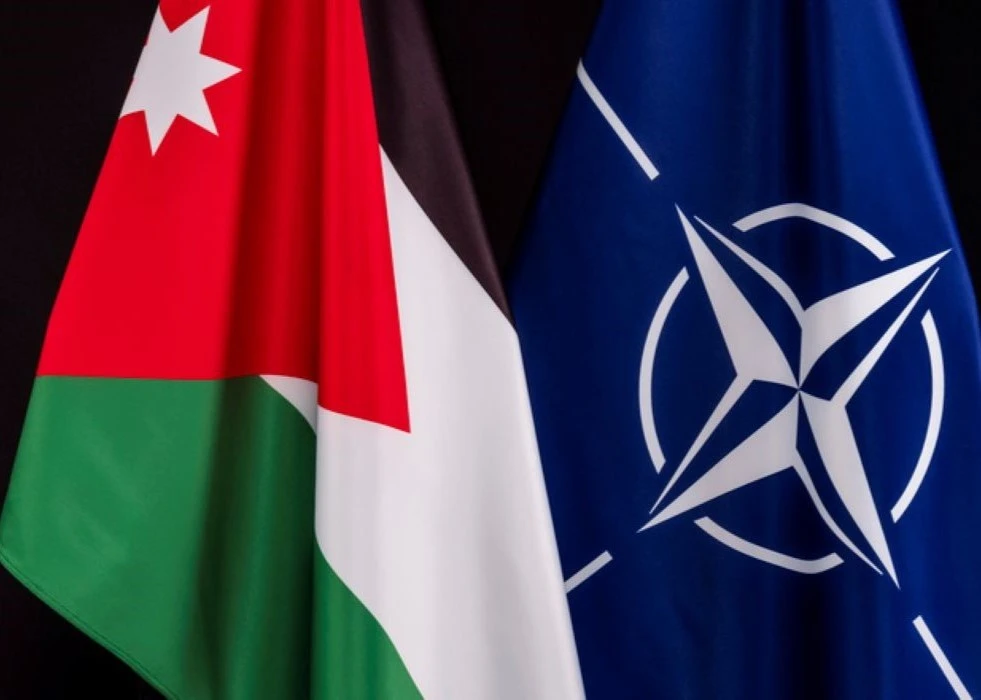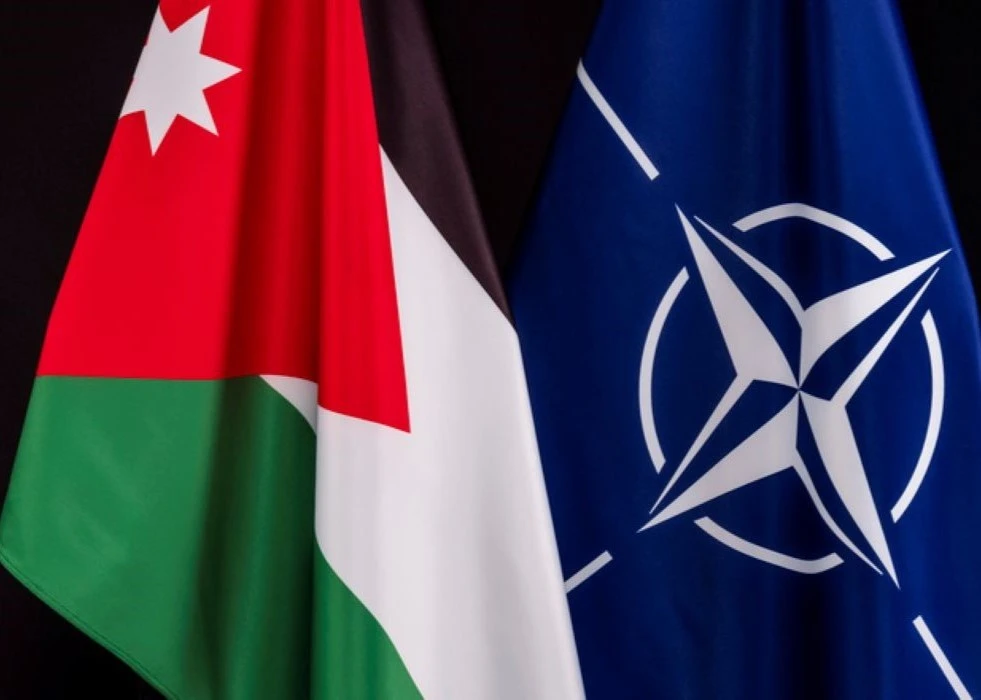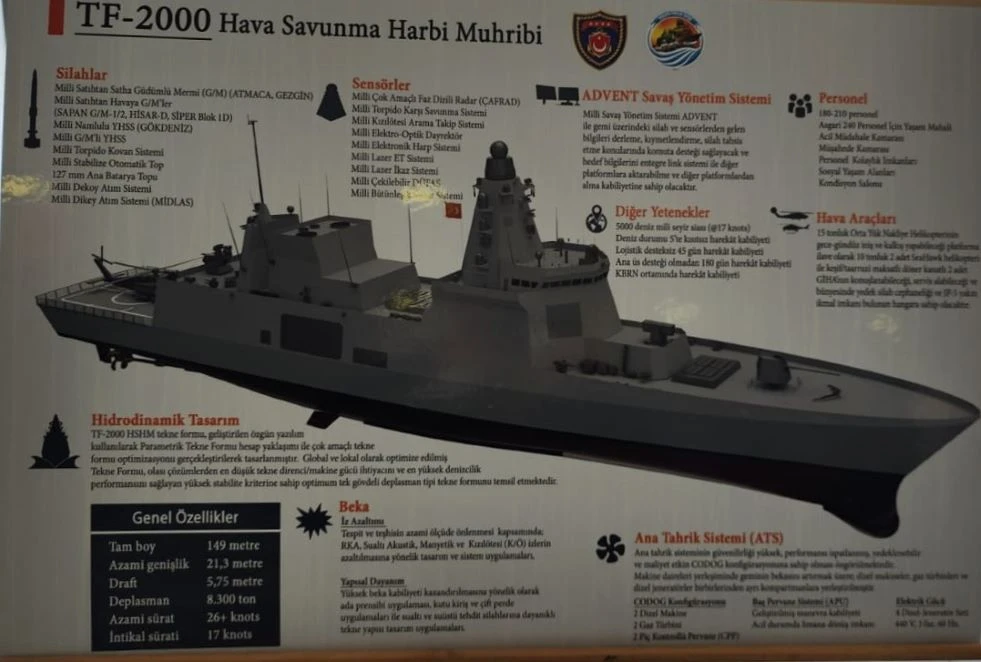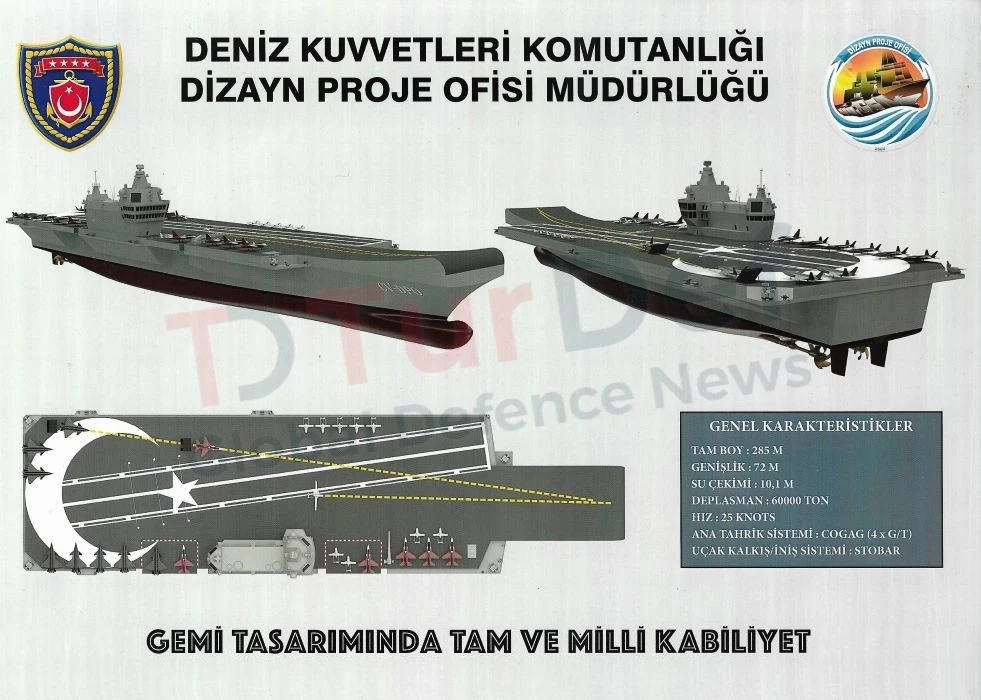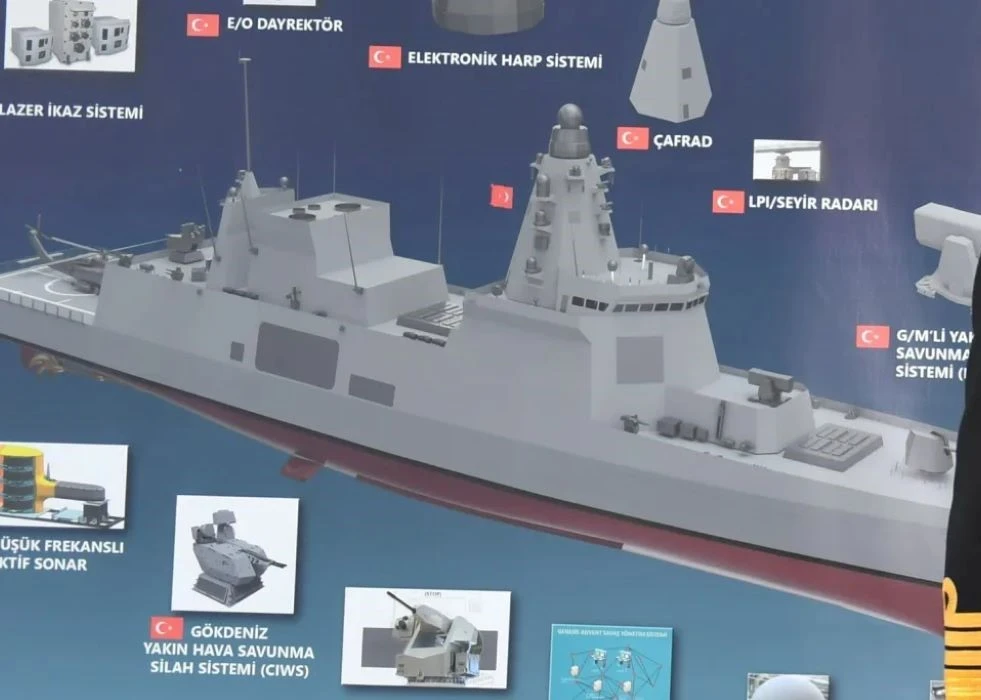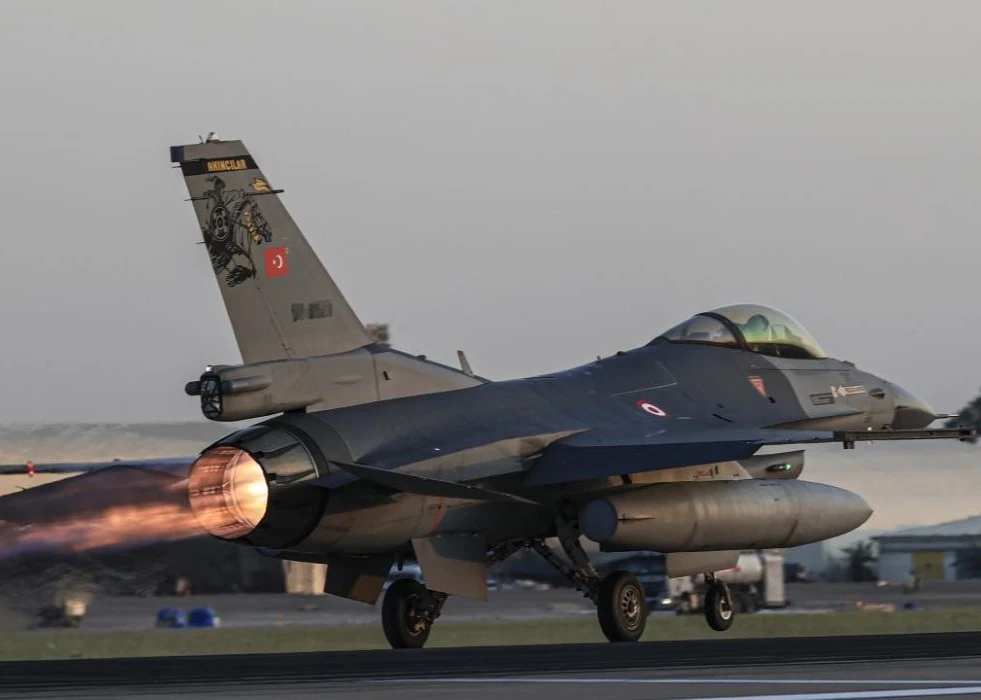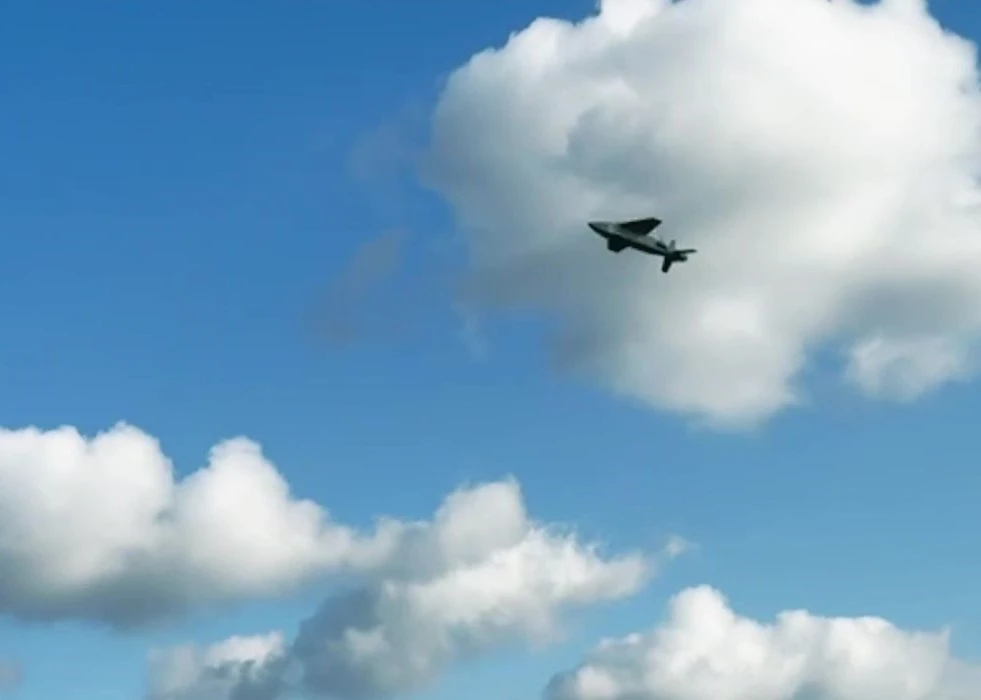NATO Secretary-General Jens Stoltenberg welcomes the Turkish defence industry to invest in new high and advanced capabilities. NATO Secretary-General spoke to Anadolu News Agency Brussel Representative Nazlı Yüzbaşıoğlu in Brussels. “ I strongly believe that NATO allies should have no restrictions on defence trade between allies,” Stoltenberg told the Agency.
In an exclusive interview, Stoltenberg evaluated the contributions of Turkiye, which is celebrating its 72nd anniversary of joining NATO, the place of the Turkish defence industry in NATO’s current and future opportunities and capabilities, and the steps taken by the EU while developing its own defence strategy under the umbrella of NATO. When asked about his assessment of the contributions of Turkiye to NATO, the Secretary-General said in sum, “Turkiye is an important and highly valued NATO ally. Turkiye has the second-largest army in the Alliance and well-trained and well-equipped military forces. I appreciate Turkiye’s efforts to support the Alliance and remain a key ally. And then, of course, no other ally has hosted more refugees than Turkiye, and that also demonstrates the importance you play for the overall efforts of the Alliance.”
Europe’s need for a defence industry Turkiye’s efforts to increase military deterrence capabilities and what role the Turkish defence industry could have for today’s NATO and NATO’s future plans were asked. Secretary-General said, “The war in Ukraine has demonstrated the importance of having a strong defence industry. I welcome the efforts by the Government of Turkiye and the Turkish defence industry to invest in new, advanced capabilities, including fighter jets. That’s important.”
He also welcomed the Bayraktar UAVS drones, which have been an important tool for Ukrainians to defend their country. He added that he welcomes further cooperation between the defence industry in Turkiye and the rest of the Alliance.
When asked about restrictions on the defence industry and materials among alliance members, the Secretary-General answered: “I strongly believe that NATO allies should have no restrictions on defence trade between allies. We are in an Alliance where we are promised to protect and defend each other and ultimately die for each other. And, of course, then we should also be able to trade defence equipment with each other. We had a very strong statement or decision at the NATO summit in Vilnius, where allies agreed to build down barriers against trade in defence equipment. I also welcome the fact that we now see that allies are trading more with Turkiye, including the F-16s, other examples where Turkiye is able to buy key capabilities and key types of equipment from other NATO allies.”
When asked about the EU’s new strategies to develop the defence industry capabilities with the “Buy European” motto within the European Union members. The Secretary-General disagreed. “We cannot have two-paddle defence planning processes within NATO,” he said. “Whatever the EU does to try to promote ingenuity, development or new capabilities, that’s good. What is not good is to duplicate, compete, and overlap NATO efforts,” he added.
“I believe in the transatlantic defence industrial base, including non-EU allies like the United Kingdom, Canada, the United States, Turkiye or Norway. I think it’s important that we ensure that NATO is the platform for these efforts because EU-NATO allies represent 20 per cent of NATO’s defence spending. Eighty per cent of NATO’s defence spending comes from non-EU NATO allies. And, of course, we need the whole family and 100 per cent to work together, not create barriers between them,” he concluded.
